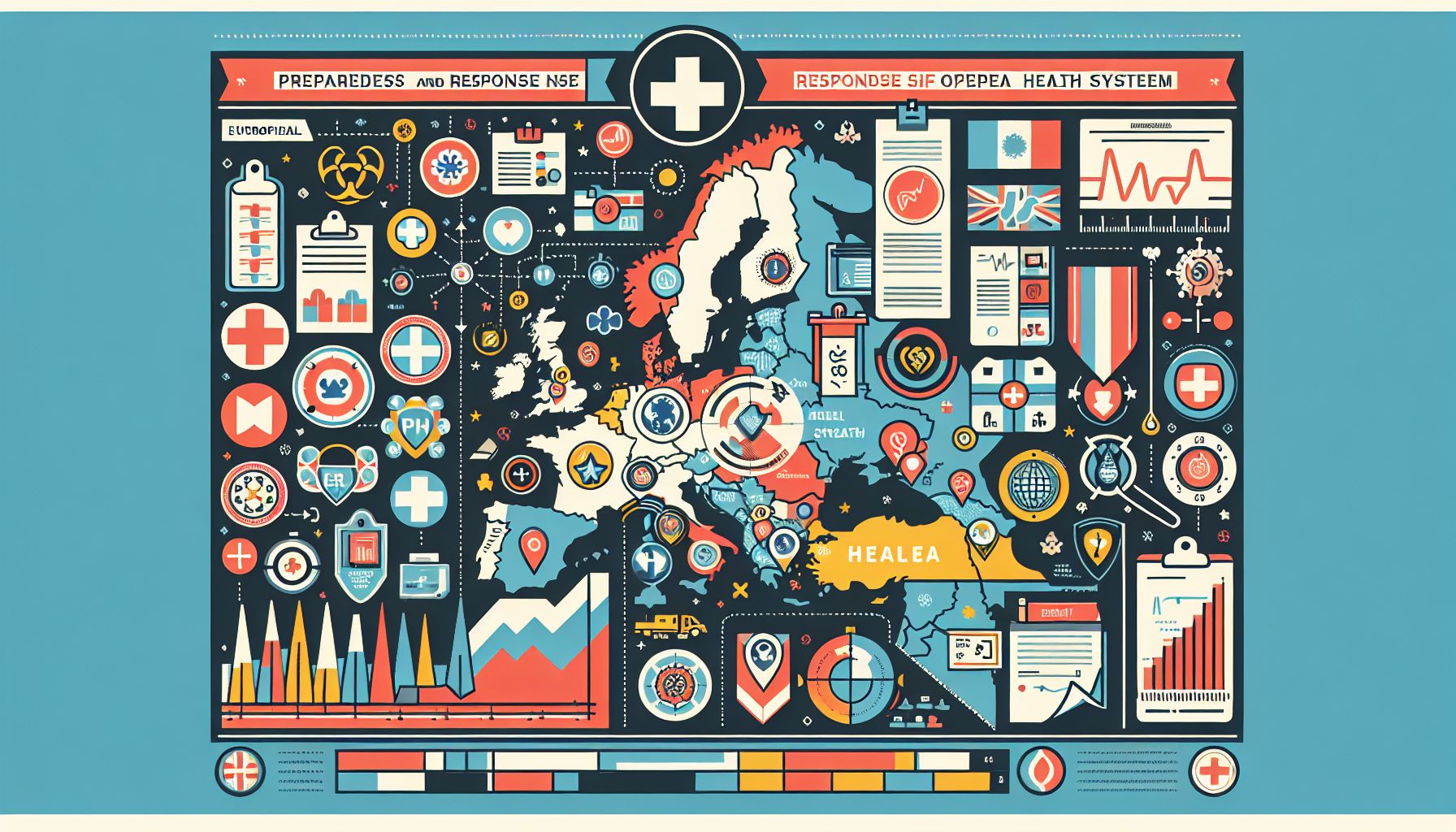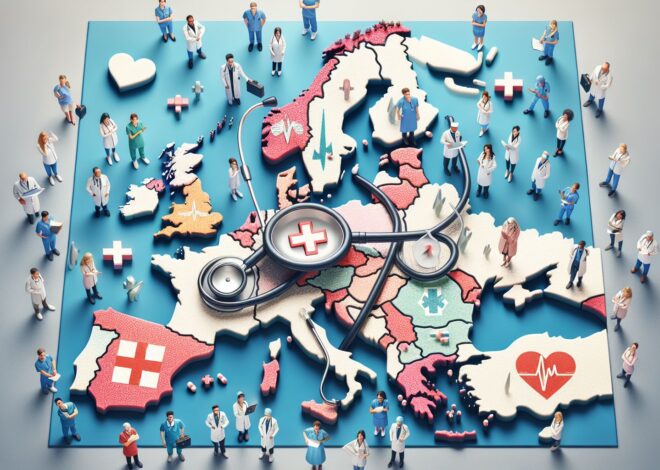
The Preparedness and Response of European Health Systems: A Closer Look
The COVID-19 pandemic has highlighted the importance of robust health systems across the globe. As the virus continues to affect millions of lives, health professionals, policymakers, and concerned citizens in Europe are seeking to understand the preparedness and response of their health systems. In this article, we will delve into the key aspects of European health systems’ preparedness and response to provide factual insights and shed light on the pertinent issues facing healthcare in the region.
Understanding Preparedness
Preparedness is the cornerstone of any effective response to a healthcare crisis. European health systems, with their reputation for quality care, have been tested by the COVID-19 pandemic in unprecedented ways. Prior to the outbreak, these systems were equipped with robust infrastructures, trained healthcare professionals, and strong governance to tackle any public health challenge. However, the scale and severity of the pandemic exposed vulnerabilities that needed urgent attention.
One crucial aspect of preparedness is the availability of medical supplies and equipment. Many European countries experienced shortages of personal protective equipment, ventilators, and testing kits during the early stages of the pandemic. This highlighted the need for diversified supply chains and improved coordination between countries to prevent such shortages from occurring in the future.
Another aspect of preparedness is the capacity of healthcare facilities. While European health systems function well in normal circumstances, the surges in hospital admissions during the pandemic put immense strain on the system. Increased investment in healthcare infrastructure and ensuring adequate staffing levels are necessary for future preparedness, as well as the ability to quickly adapt existing facilities to handle the surge in patients.
Evaluating Response Strategies
The response strategies implemented by European health systems were varied, reflecting the diversity of approaches across the continent. However, there were common threads woven through many countries’ actions.
One noteworthy aspect of the response was the adoption of containment measures such as lockdowns, social distancing, and mask mandates. While these measures were vital in slowing the spread of the virus and protecting healthcare systems from becoming overwhelmed, they came at a considerable socioeconomic cost. Policymakers must now work to strike a balance between preventing the spread of the virus and minimizing the impact on individuals and economies.
Testing and contact tracing played a crucial role in managing the pandemic. European health systems ramped up testing capacities and developed innovative contact tracing apps to track the virus’s spread. These strategies allowed for targeted interventions, informed decision-making, and the identification of hotspots. However, challenges such as privacy concerns and variations in testing strategies between countries should be addressed to strengthen the overall response.
Lessons Learned
The COVID-19 pandemic serves as a valuable lesson for Europe’s health systems. It has highlighted the importance of adaptability and agility in responding to fast-evolving public health threats. Furthermore, the crisis underscored the significance of collaboration and information-sharing between countries to ensure a cohesive response.
Investing in research and development is key to improving preparedness and response capabilities. European countries need to invest in advanced technologies, public health research, and surveillance systems to better anticipate and mitigate future pandemics. Strengthening international collaborations and knowledge exchange platforms will also facilitate the sharing of best practices and enhance overall preparedness.
Moving Forward
European health systems have demonstrated resilience and adaptability during the COVID-19 pandemic. However, it is essential to learn from the experiences of the past year and implement necessary changes to the healthcare infrastructure and policies.
To enhance preparedness, health professionals, policymakers, and concerned citizens must work together. This can be accomplished by establishing robust communication channels and involving all stakeholders in decision-making processes. Continuous monitoring and evaluation of health systems’ readiness will also be pivotal in identifying areas that require improvement.
In conclusion, the COVID-19 pandemic has shed light on the preparedness and response of European health systems. While these systems had strong foundations, vulnerabilities were exposed, and valuable lessons were learned. By investing in infrastructure, strengthening collaboration, and implementing evidence-based policies, European health systems can prepare for future healthcare challenges, safeguard the well-being of their populations, and ensure a resilient response in the face of adversity.



